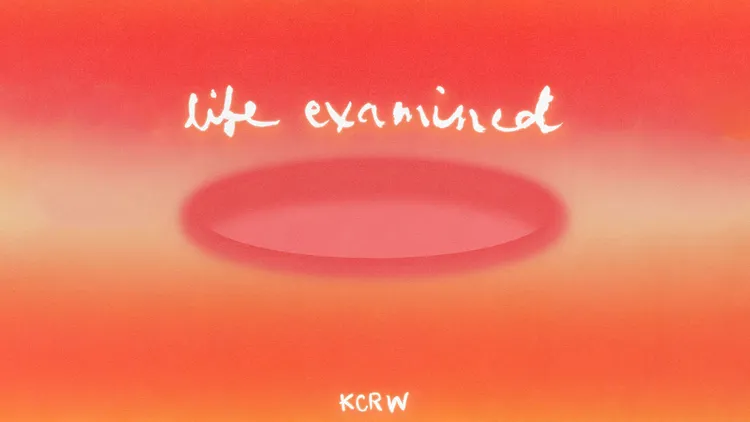Director at the Centers for Research Innovation in Biotechnology & Drug Discovery and the Associate Vice Chancellor at Washington University in St Louis. He is the author of “Between Hope and Fear: A History of Vaccines and Human Immunity”
Michael Kinch on KCRW
More from KCRW

Dr. Warren Hern: Abortion in the age of unreason
PoliticsThe election came and went, and despite Democrats’ heavy emphasis on abortion rights, the election of Donald Trump makes it clear that the rights of women across the country are in…

Here’s what ‘Wild Rituals’ author Caitlin O’Connell learned from the elephants
PsychologyCailtin O’Connell, author of “Wild Rituals: 10 Lessons Animals Can Teach Us About Connection, Community, and Ourselves,” shares insights into the ways in which elephants relate.

The Serviceberry’: Robin Wall Kimmerer’s guide to the gift economy
Health & WellnessBotanist and author Robin Wall Kimmerer discusses her new book “The Serviceberry,” explaining how this plant serves as a metaphor for living in a “gift economy.”

The importance of standing tall
Health & WellnessSlouching has a rich history, but its medical consequences need to be better understood.

Doctor, will you pray with me?
Health & WellnessMedicine and spirituality often interact, but clinicians and patients can often find themselves in very different places.

When sex just isn’t your thing with Tuck Woodstock
Health & WellnessMy partner isn’t interested in sex! This week, journalist Tuck Woodstock joins Myisha to talk about differences in desire and crushes.

Listening to music in Refugee Camps
Health & WellnessMusic has benefits that relate hope and social connections

Sex in your 60s with Dr. Carol Queen
Health & WellnessHow can I explore my sexuality in my 60s? This week, sexologist Carol Queen joins Myisha to talk about sex in your 60s and dirty talk.

Does free tuition impact medical student specialty choice?
Health & WellnessPhilanthropy has enabled several expensive private medical schools to offer all students free tuition. Has this changed the practice of medicine?

